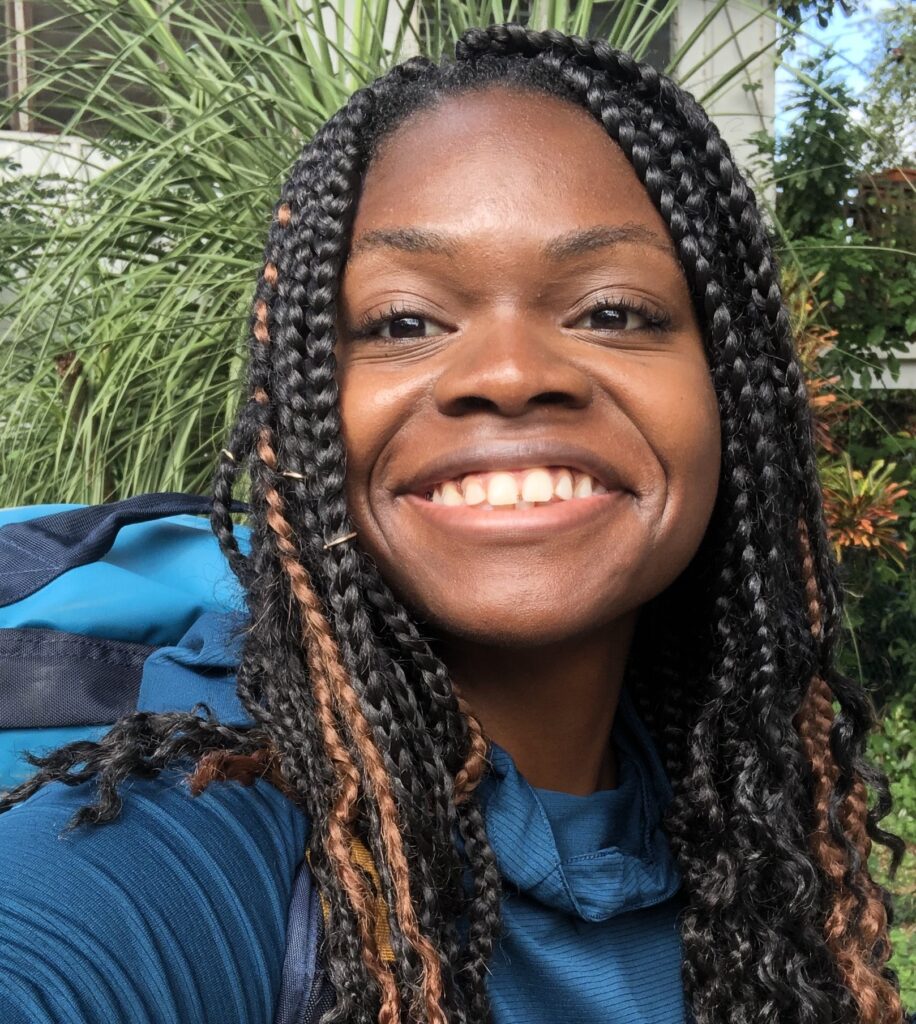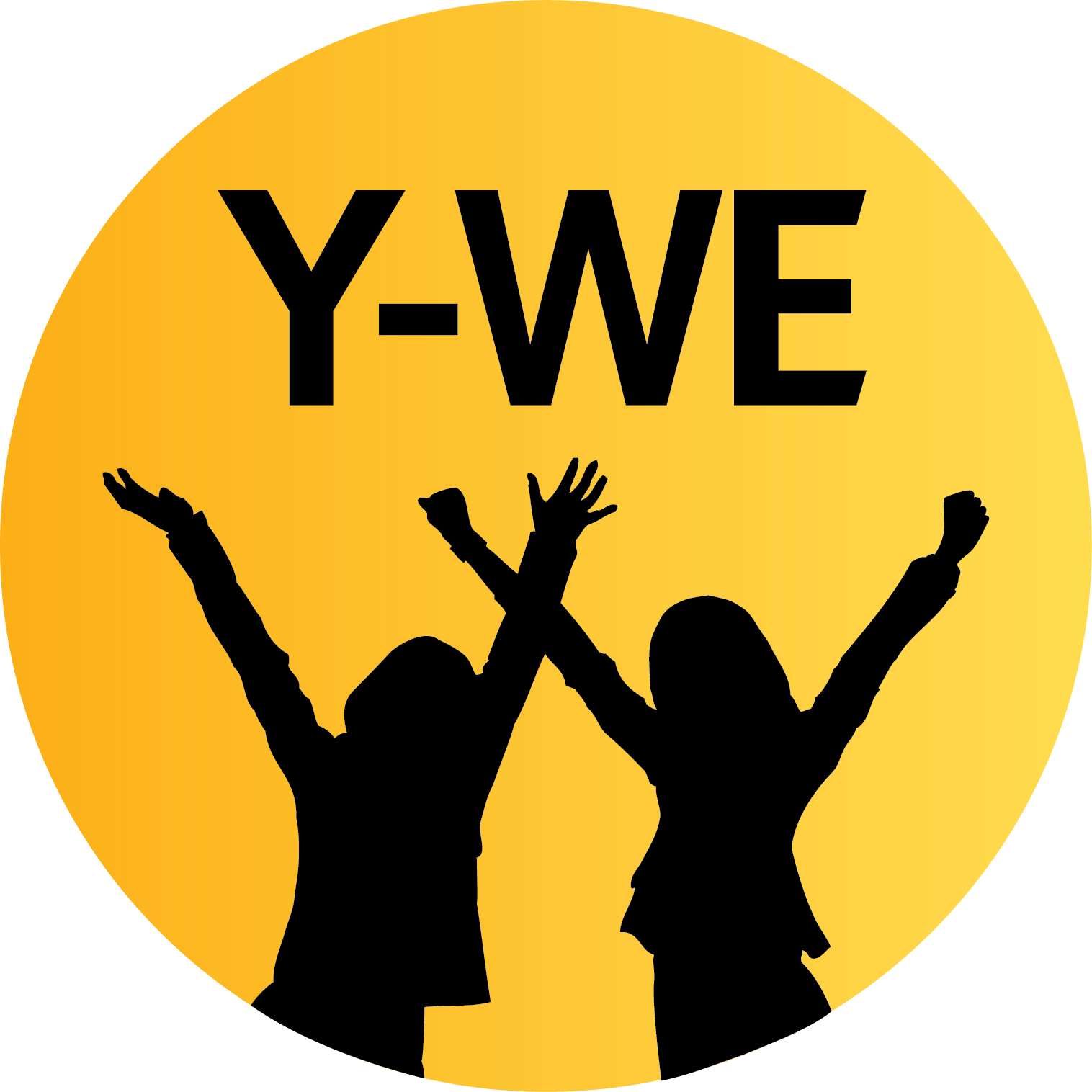Over the past year we have watched many corporations, nonprofits, and small businesses alike attempt to reckon with overwhelming calls for justice in the face of exacerbated inequalities all over the world. With hashtags like #blacklivesmatter, #stopasianhate, #peace4palestine, political statements, and an increase in Black, Indigineous, People of Color (BIPOC) in media we have seen the very institutions who have historically centered profit over people attempt to challenge public perceptions of their complicity.
Here at Y-WE we have continued to engage in intergenerational dialogues centering what is needed for a liberated future. Continuing to ask ourselves what it means to be a non-profit whose words and values can be trusted. Modeling collaborative leadership and creative response while supporting our young women to persevere through sustained isolation and continue to dream while we work for a better future. Integral to this process has been the formation of ongoing Affinity Groups that center healing, connection through lived experience, and action for collective liberation. These spaces model the sense of belonging that is at the foundation of our organization. Through these spaces we have been able to build better understandings of topics like decolonization, true safety for BIPOC individuals, the necessity of unpacking internalized white supremacy, and what it means to build solidarity across differences.

Y-WE’s Event Coordinator & Cofounder of Blackout Healing, Mary Hall-Williams, shares her thoughts on: What does solidarity mean to you?
When attempting to answer the question of what solidarity means to me, I found myself grappling with both my own experiences of solidarity and the word itself. Is solidarity simply unity? A common goal? A mutual understanding? And if so, what is required?
In contemplating these questions I stumbled upon the work of Rubén Gaztambide-Fernández who suggests three critical aspects of solidarity:
- Solidarity is always about relationships. We cannot be in solidarity alone. Who are we in solidarity with and what defines that relationship?
- Solidarity always requires us to be intentional about our commitments. What is the aim of our solidarity and where do those commitments come from?
- Solidarity requires actions that also change us, perhaps even a sacrifice. What am I willing to do and give up in order to ensure the well-being of others, whether they are like or unlike me?
He states “Whether we are confronting a pandemic, global warming, income inequality, racism or gender-based violence, solidarity depends on how we come together. It is defined by how we understand and enact our responsibilities to, and relationships with, each other.”
There is so much violence being enacted on a continual basis and we’ve seen so many outcries over the past year. From issues at home in America to Palestine, on days when it all feels like too much for my two hands to hold, I do not want to be alone. I do not want the people who are fighting for their lives to feel alone. The world needs a solidarity that is active. A solidarity that is willing to look, to speak, and to act.
Solidarity is relationships. Solidarity is mutual aid. Solidarity is asking what is needed instead of assuming and then it is showing up as many times as it takes. Solidarity blurs the colonial lines of us & them. Solidarity wipes away all notions of oppression olympics. Solidarity is questioning narratives. Solidarity is propping up those on the margins. Solidarity is complicated. Solidarity is work. Solidarity is continuing to imagine new ways of existing with one another. And sometimes, solidarity is as simple as shutting up so someone else can speak.
For more information about Y-WE’s affinity groups and our commitment to collective liberation, check out our programs.
We’d love to hear what solidarity means to you. Drop us a line at mary@y-we.org or cheryl@y-we.org.
